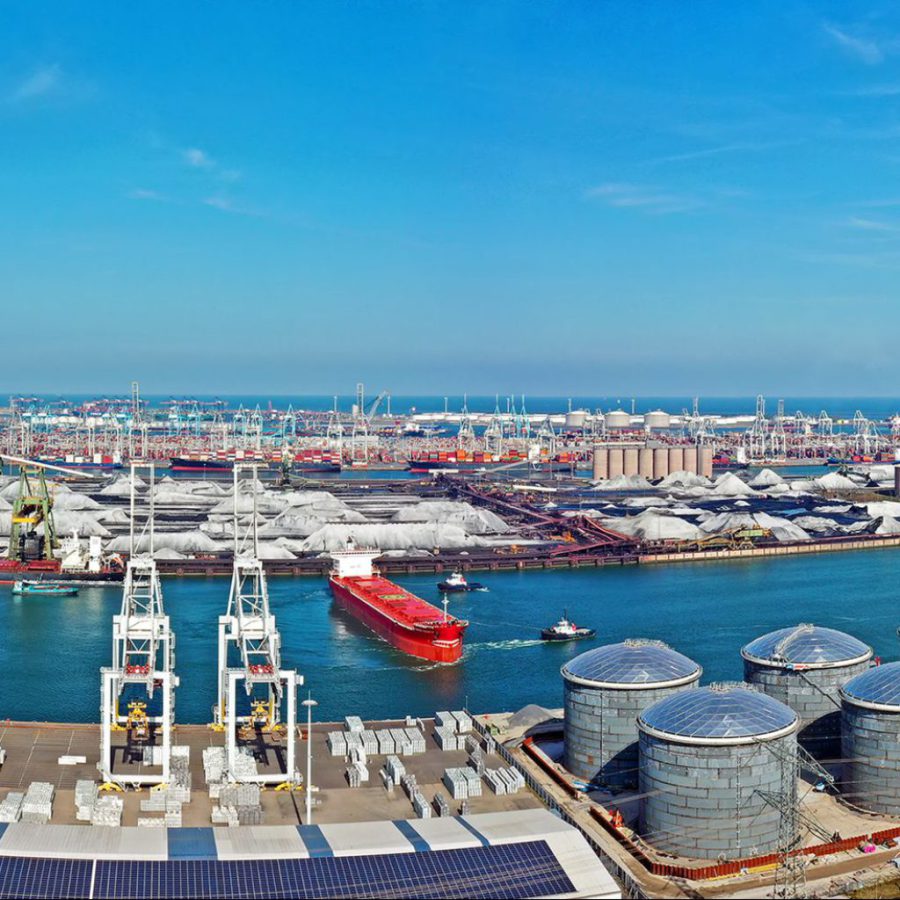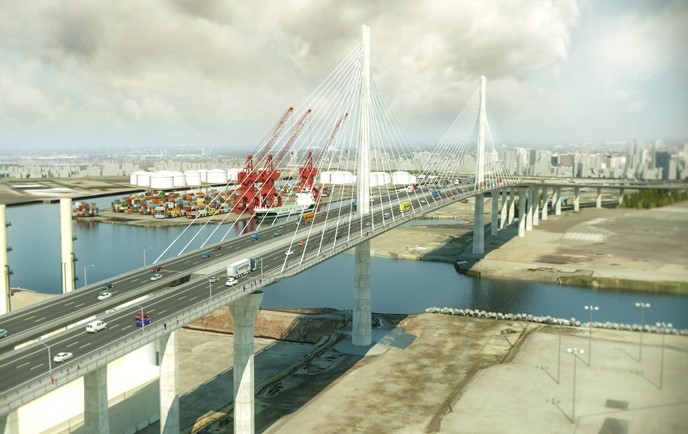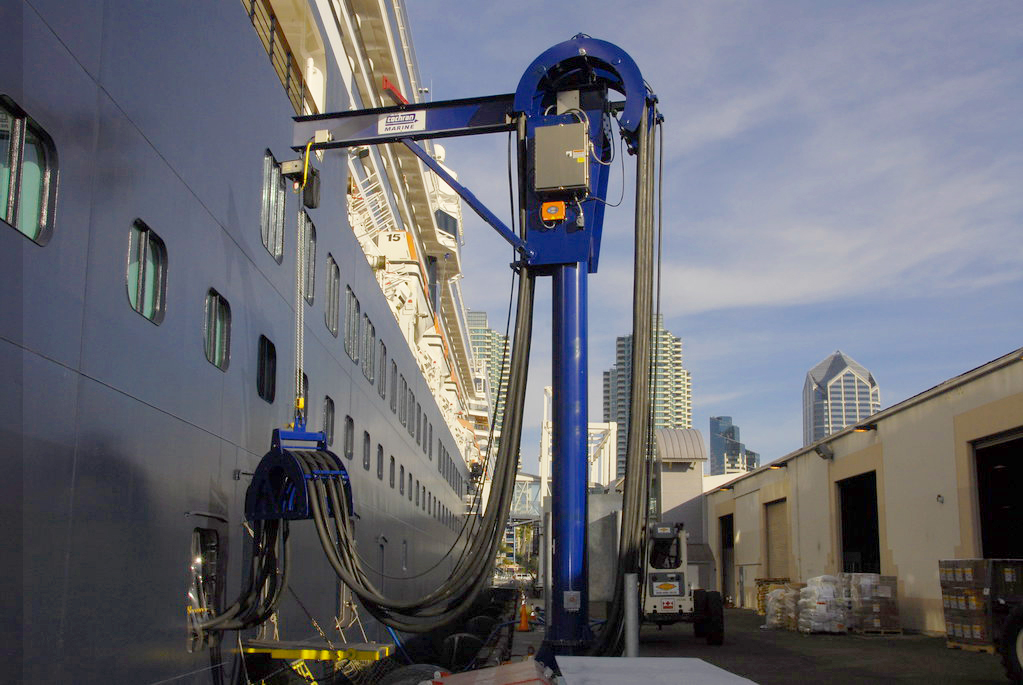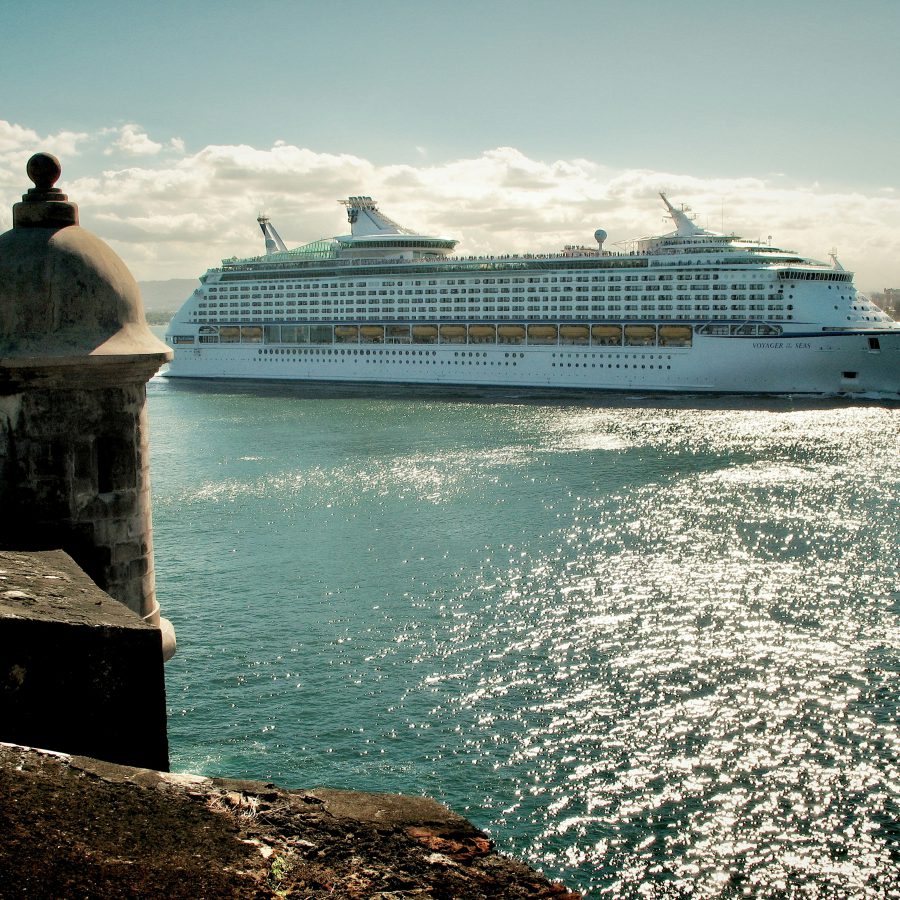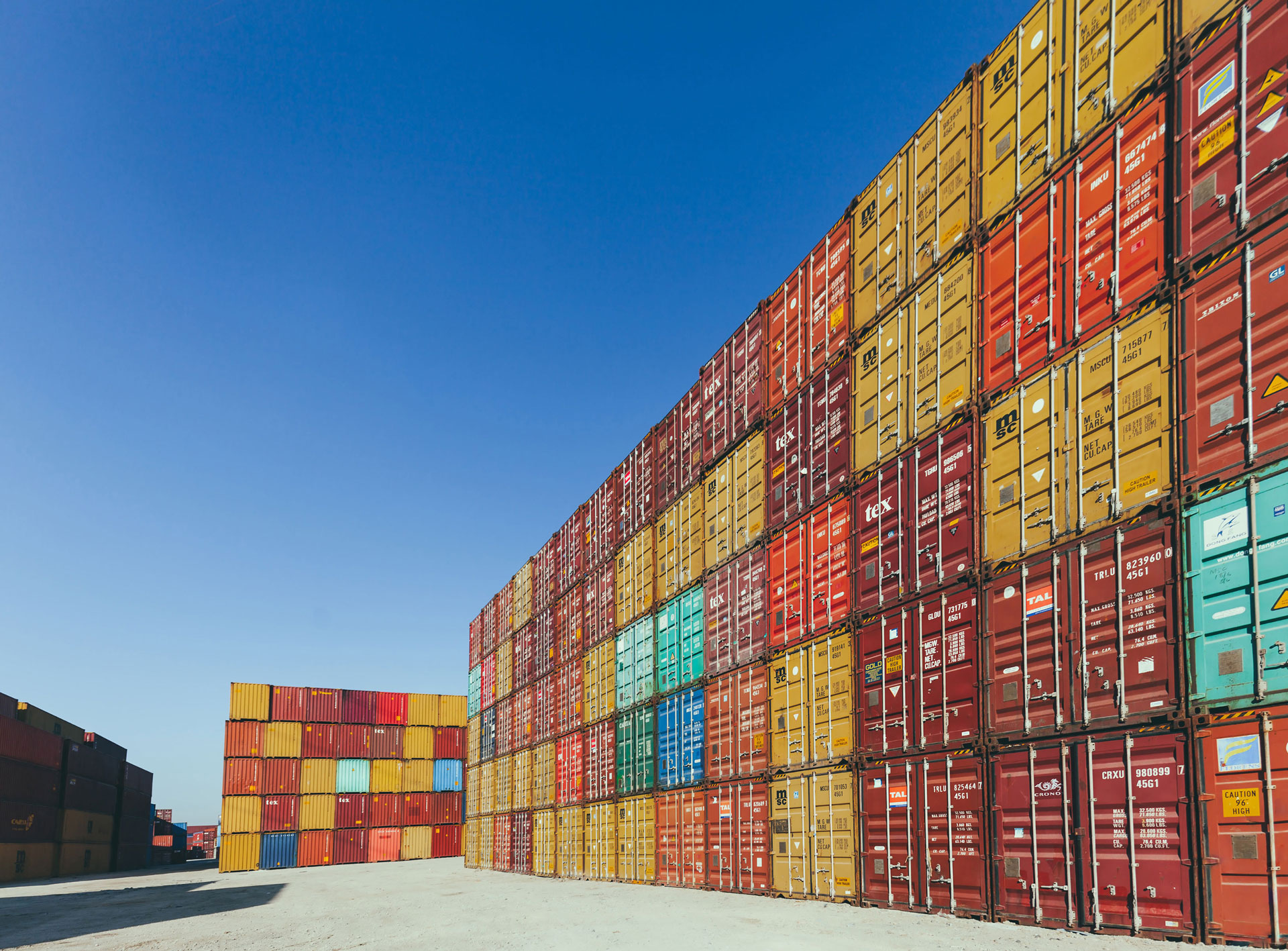ports
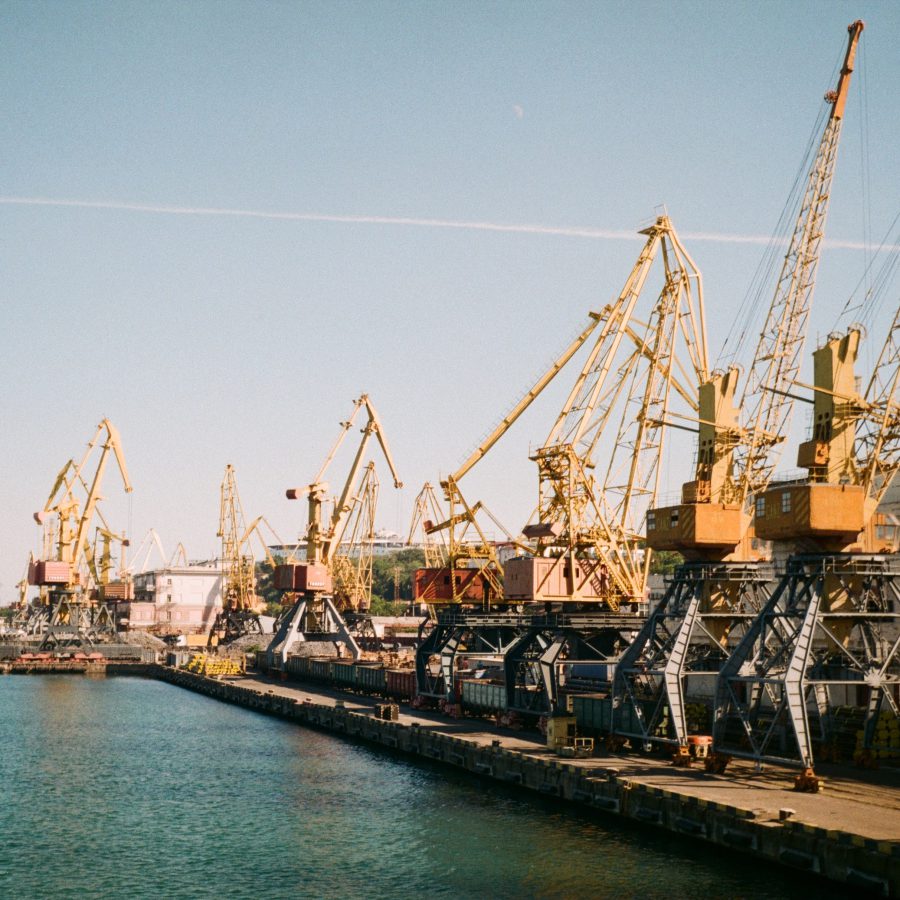
Ports
A quick intro
Rebel has a long track record in the field of ports as economic, financial and procurement advisors. We offer a mixed team of port economists, engineers, operational and finance experts, advising private and public clients around the world such as port authorities, terminal operators, investors and other port stakeholders.
We offer the standard consulting package, but also foster business innovation and for this purpose work closely together with knowledge institutes, start up and data firms, software companies and equipment suppliers.
We embrace practical and fact-based research combined with tailor-made analytics to provide our clients with the best advice. For this purpose we have developed a comprehensive Port Toolbox.
Chat with our ports Rebel
Kalmer paper
Acceleration Port Electrification
Discover how Rebel and Kalmar collaborate to drive container terminal electrification, paving the way for sustainable and emission-free ports.
Today’s container terminals operate in a competitive, highly pressured global business environment. Going green however is not an option but a must.
Rebel and Kalmar collaborated to create a follow up to their joint 2018 white paper about designing future-proofing container terminals.
The white paper: ‘Port electrification and the road to zero emissions’ examines best practices and recommended approaches to develop decarbonisation roadmaps of container terminals operations. It gives insights into the latest technologies, innovative data solutions, and best practices that propel ports towards a greener and more resilient tomorrow. Among the topics discussed are the implementation of shore power and improving energy efficiency.



